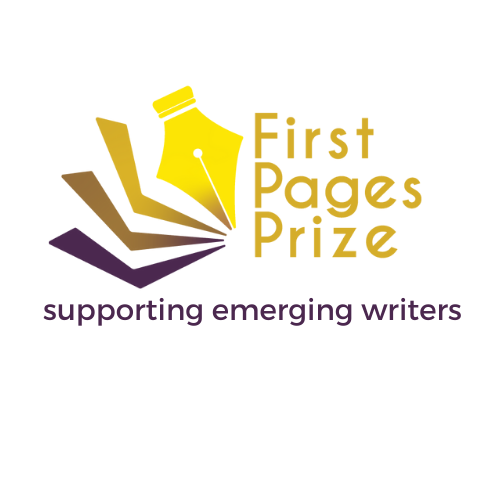Alan Sincic 2021 1st Place - on getting started, on keeping going
Alan Sincic - 2021 1st Place, The Slapjack
What made you decide to submit your work to the First Pages Prize? How did you decide what you wanted to submit?
When I came across the posting for First Pages, the manuscript for the whole novel (The Slapjack) was essentially complete, but the opening chapter was not what you would call (or could fashion into) a short story with a beginning, a middle, and an end. Published parts of the novel, in short story form, had already been vetted and refined in a back-and-forth with various editors, so I was fairly confident they worked as stand-alone stories – some of them contest winners (see alansincic.com). But the opening section? The only one who had ever read it was me. Here was an opportunity (a) to serve up this little appetizer in the hopes that the readers would respond in a favorable way, and (b) to share the novel as a whole – if I won or placed -- with someone willing to comment on whether it holds together as a single story. As the saying goes, a basket of kittens is not the same as a cat.
And then, what was it like to be one of the final winners?
I think of the scientists who work for years to build and launch a probe designed to achieve a soft landing on the surface of Mars. Probe after probe they launch. Years pass. Radio silence. Then finally one day – crackle of static – it lands. A reply from out beyond, from another world. So there’s hope! The work is not in vain!
What changed for you as a result of being a final winner?
The quest is the same – see the novel through to publication, find a landfall somewhere, a safe harbor – but now I’ve got a better map to guide me.
What was your experience with the editorial guidance that came with the prize—how was the process and what impact did it have on your work?
I appreciated the comments about the structure of the novel as a whole, something you rarely get in a workshop or even an MFA program where – for practical reasons – there tends to be an emphasis on shorter fiction. I’m still in the process of re-working the manuscript with those comments in mind.
Similarly, what impact did the agent consultation have? What did you learn from it?
The search for an agent is like ice-fishing in the Arctic – you chop a batch of random holes in the ice, bait the hooks, drop the lines, and sit forever in the cold as you wait for a nibble. So it was great to have a one-on-one conversation with one of these mysterious beings. I got plenty of practical advice about my query letter, the role of an agent in a writer’s career, trends in publishing, etc.
What has surprised you most about being part of this prize?
It was nice to get a glimpse of the stories crafted by others on the short list. Such a variety, so many skillful practitioners. Writing is such a solitary affair – and a book-length project such a long and lonely journey -- you sometimes wonder if anybody out there values the written word anymore. It’s heartening to remember, now and again, that others share the same passion.
What advice or tips might you have for people thinking of submitting to the FIRST PAGES PRIZE this year?
Everybody is on a different journey. It’s taken me, for example, a number of years to gradually produce a novel-length fiction manuscript. Maybe all you’ve got right now is an opening chapter, but who knows where that can lead? I’ve always felt that, if you are a careful craftsman in even the smallest of things, nothing is ever wasted. The time you spend today -- whittling away, one sentence at a time – might well be the beginning of something great.
Such an odd position we find ourselves in: story-tellers in the modern world. Back in the day (way back in the day) the village story-teller confronted his audience nightly, and could easily see, in the faces around the fire, whether he was winning or losing their interest. The reward was immediate, intimate, elemental – the laugh, the tear, the silent eye. The marketing? Simple as pass the salt.
Today you transmit the tale across the continent to an audience you never meet – no, the designated representative of the audience you’ve never met -- who then weigh it on a scale of their own making in order to answer the question: how many tons of salt, carved into blocks and freightered out over the ocean on ships the size of a city, is this story worth? The sheer scale of it all is a bit daunting.
Here's where the people at First Pages come in. A set of professionals willing to serve as an audience at the earliest stage of the storytelling process. A chance get some kind of confirmation that you are “in the game” -- a serious writer with work that deserves a fair hearing. I say go for it!
